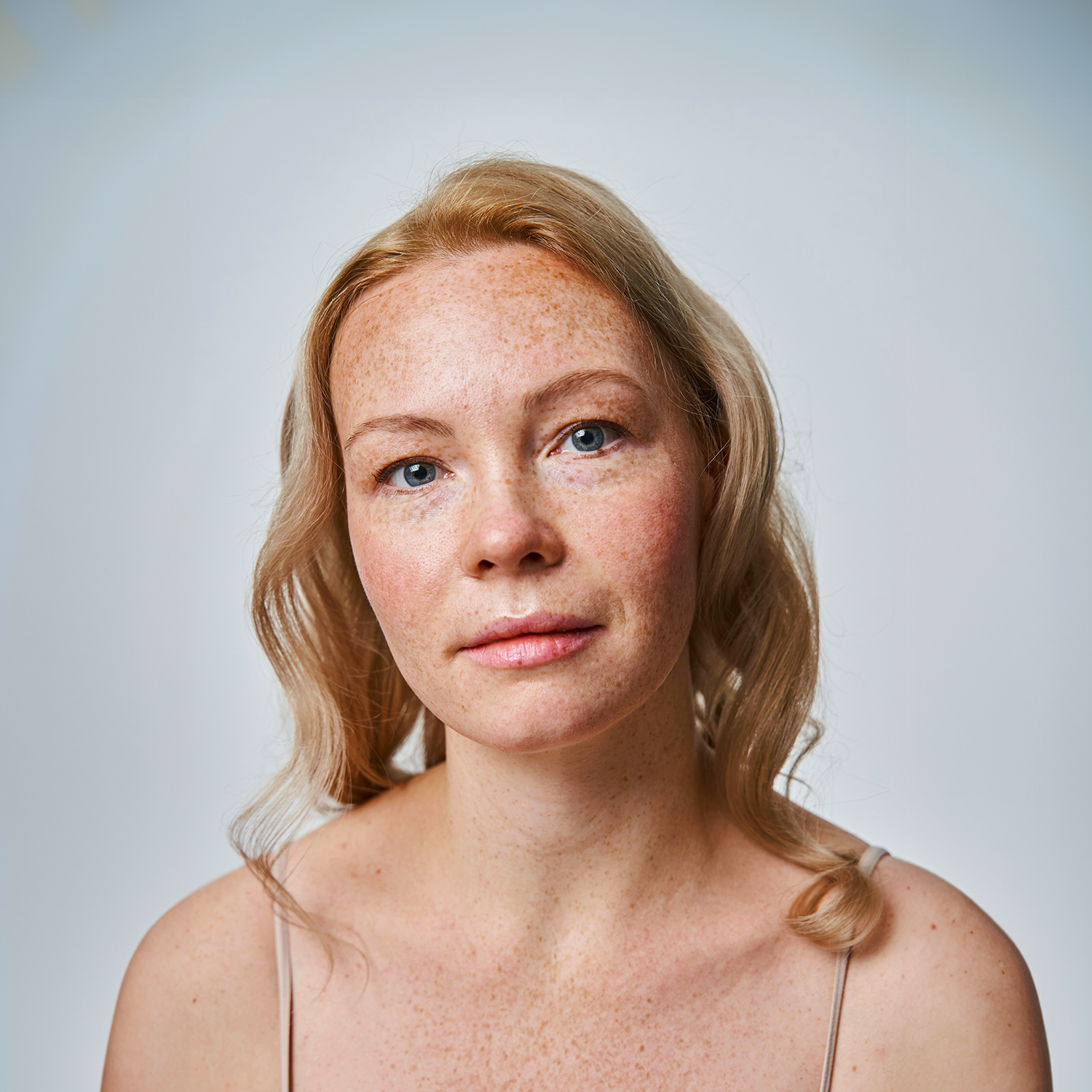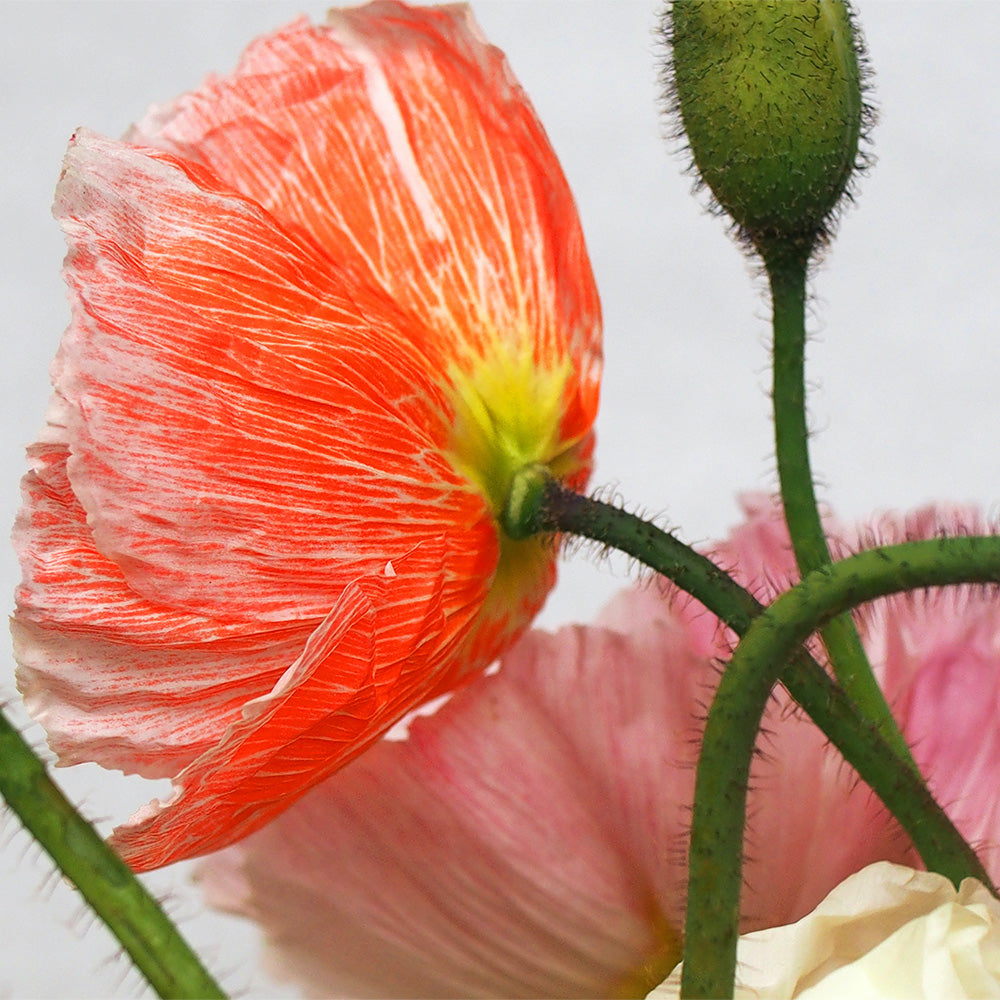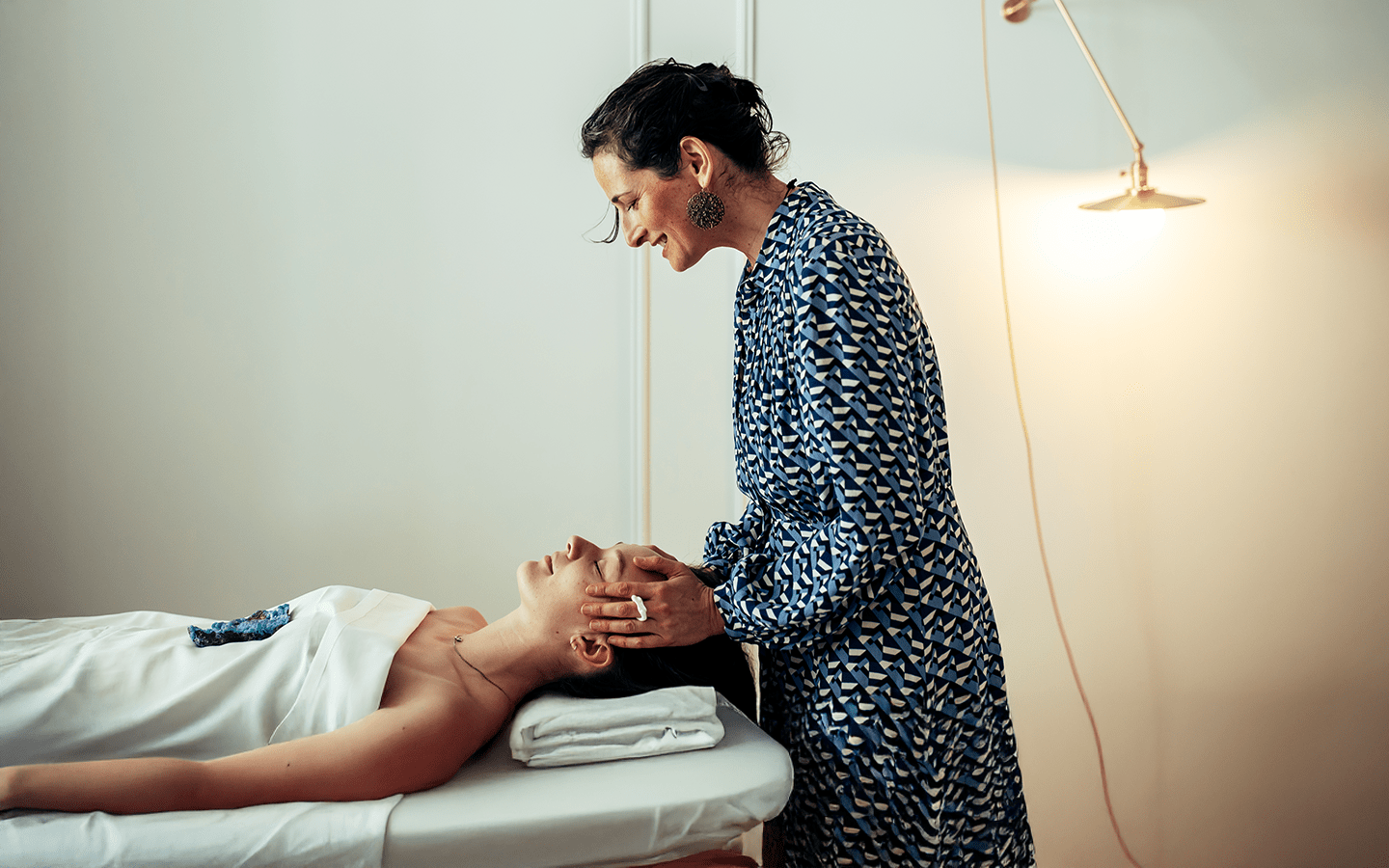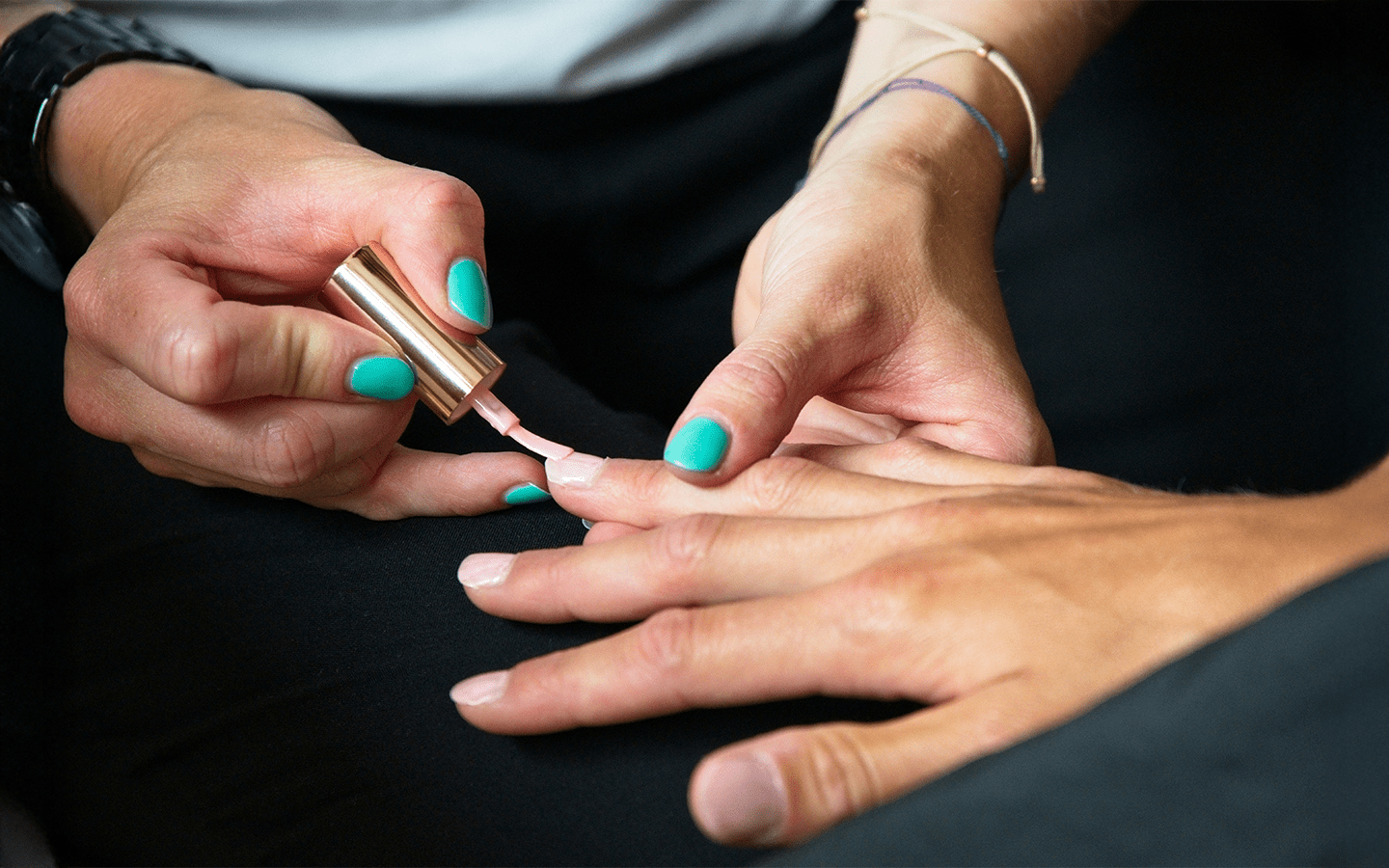
How Regular Exercise Can Help Ease Your Anxiety
Exercise can be a powerful tool in calming anxiety by regulating hormones that control mood. Some of the most effective exercises for managing anxiety include cardio, nature walks, and yoga. While it might feel challenging to move your body when anxiety strikes, physical activity plays a crucial role in managing symptoms due to the strong connection between physical and mental health.
Key Highlights
- Regular physical activity can significantly reduce symptoms of anxiety and depression.
- Exercise releases endorphins, which have mood-boosting effects, and acts as a natural stress reliever.
- It helps improve sleep, boosts self-esteem, and increases energy levels.
- Activities like brisk walking, yoga, and tai chi are great starting points.
- Consistency is key - aim for a weekly total of at least 150 minutes of moderate-intensity exercise or 75 minutes of vigorous-intensity exercise.
- Consult a healthcare professional for personalized guidance and to ensure exercise aligns with your overall health plan.
Introduction
Anxiety affects approximately 31.1% of adults in the United States. Common treatments typically include medication, talk therapy, or a combination of both. However, regular physical activity can complement these treatments, offering additional relief and enhancing overall well-being. Read on to discover how exercise can help ease anxiety and learn about the best exercises to incorporate into your routine.
The Science Behind Exercise and Mental Health
Exercise has a profound impact on our brains. It triggers the release of endorphins, natural mood boosters and pain relievers, creating a sense of well-being similar to a good laugh or a delicious meal. Beyond a quick mood lift, exercise helps regulate essential brain chemicals like serotonin and dopamine, which are crucial for mood, sleep, and cognitive function. For those struggling with anxiety or depression, exercise can restore balance and enhance mental health.
Understanding How Exercise Impacts Anxiety and Depression
Exercise serves as a natural stress reliever. Physical activity initially increases levels of stress hormones like adrenaline and cortisol, but over time, the body learns to manage these hormones better, leading to reduced overall stress. Additionally, exercise increases brain-derived neurotrophic factor (BDNF), vital for neuron growth and health, particularly in the hippocampus, a brain area linked to memory and learning. BDNF also supports neuroplasticity, aiding recovery from depression. Moreover, exercise boosts cognitive functions such as memory, attention, and decision-making, which can be impaired in those with depression.
The Psychological Benefits of Regular Physical Activity
Regular exercise offers numerous mental health benefits, including reduced anxiety and depression symptoms. It can significantly boost self-esteem as individuals set and achieve fitness goals, fostering a sense of accomplishment and improved self-worth. Participating in group fitness classes or team sports also provides social interaction, combating feelings of loneliness and isolation. Physical activity is an excellent way to manage stress and negative emotions, reducing the likelihood of adopting unhealthy coping mechanisms.
Practical Tips to Incorporate Exercise into Your Daily Routine
Incorporating exercise into your routine doesn't have to be challenging. Start with activities you enjoy, such as brisk walking, dancing, or joining a local sports team. Consistency is more important than intensity, especially at the beginning. Gradually increase the duration and intensity of your workouts. Seek support from friends, family, or fitness experts to stay motivated and accountable.
Simple Exercises to Start with for Anxiety and Depression Relief
Here are some simple exercises that can help ease anxiety and depression:
- Brisk Walking: An easy exercise that can be done anywhere without special equipment. Walk fast enough to raise your heart rate but slow enough to talk.
- Yoga: Combines physical poses with deep breathing, helping to relax, reduce stress, and improve flexibility.
- Tai Chi: An ancient Chinese practice involving slow movements that enhance balance, coordination, and mindfulness, calming the mind and reducing anxiety.
Creating a Sustainable Exercise Plan for Mental Wellness
When designing your exercise plan, consider your current fitness level, any physical limitations, and activities you enjoy. Set realistic goals and gradually increase the duration and intensity of your workouts. Consistency is crucial for reaping the mental health benefits of exercise. Aim for at least 30 minutes of moderate exercise on most days of the week. If time is limited, shorter bursts of activity throughout the day can still be beneficial.
Overcoming Barriers to Exercise
It's common to face challenges when starting a regular exercise routine. Identify what hinders your progress and develop solutions. For instance, if time is an issue, incorporate short bursts of exercise into your day or adjust your schedule to include workout time.
Addressing Common Excuses for Not Exercising
- "I don't have time." Small activities throughout the day can add up and significantly benefit your health. Find ways to move more in your daily life.
- "I'm afraid of gaining weight." Some people worry that exercise will cause them to gain weight, particularly if they build muscle. Focus on the benefits of improved mood, better sleep, and increased energy rather than just the number on the scale.
- "I don't have access to a gym or equipment." Many online resources offer free workout videos and apps, providing various exercises you can do at home.
- "I find exercise boring." Keep trying until you find activities you enjoy. Whether it's dancing, hiking, playing a sport, or joining a fitness class, there are countless ways to make exercise fun.
Strategies for Staying Motivated and Consistent
Set realistic, achievable goals and celebrate your successes, no matter how small. Adding variety to your workouts can prevent boredom and help you discover exercises you enjoy. Consider joining group fitness classes, finding a workout buddy, or participating in team sports for social support and accountability. Consistency is essential for experiencing the full benefits of exercise.
The Role of Exercise in Women's Mental Health
Women face unique mental health challenges due to hormonal changes, societal pressures, and caregiving responsibilities. Exercise can be particularly beneficial for women, helping to improve mood and reduce stress. Whether managing PMS symptoms or navigating the emotional ups and downs of pregnancy and postpartum, exercise can be a valuable tool. Be kind to yourself and celebrate small victories along the way.
Specific Challenges Women Face in Achieving Mental Wellness
Hormonal changes throughout a woman's life can significantly impact mental and physical health. These fluctuations can lead to mood swings, anxiety, and depression. Postpartum depression, marked by intense sadness, anxiety, and fatigue, can make it difficult to bond with the baby and manage daily tasks. A comprehensive approach, including professional support, a strong support network, and regular exercise, can help women achieve better mental wellness.
How Exercise Promotes Beauty, Vitality, and Longevity
Regular exercise is crucial for women's mental and physical health. It helps maintain a healthy weight, strengthens bones and muscles, and reduces the risk of chronic diseases like heart disease, stroke, type 2 diabetes, and certain cancers. Staying active boosts heart health, improves blood flow, and supports long-term health, helping women stay energetic and reduce age-related health issues.
What’s Next?
Exercise is a powerful tool for managing anxiety and depression, offering numerous mental wellness benefits. By incorporating simple exercises into your daily routine and creating a sustainable plan, you can overcome challenges and common excuses. Staying motivated and consistent is crucial.
Women, in particular, face unique mental wellness challenges, but exercise can help them feel beautiful and energetic and help them live longer. Success stories highlight the transformative impact of exercise on mental health. Start with small steps and seek support to experience the significant positive effects of regular exercise on your mental health.
Frequently Asked Questions
What Type of Exercise is Best for Anxiety and Depression?
Both aerobic exercises, like brisk walking, running, and swimming, and resistance training are beneficial. Choose activities that raise your heart rate and strengthen your muscles. Find a balance that you enjoy to maintain regular participation.
How Long Does It Take to See Benefits from Exercising?
Just 10-15 minutes of moderate aerobic activity can provide some health benefits. However, regular exercise over a few weeks can lead to more significant improvements in mood and cognitive function.
Can Exercise Replace Medication for Anxiety and Depression?
Consult your healthcare provider for personalized advice. While exercise has many benefits, it should not replace antidepressant medications or therapy. Instead, it should be used as a complementary addition to your treatment plan.
What If I'm Too Anxious or Depressed to Start Exercising?
- Start small. Even a five-minute walk can boost your mental health.
- Gradually increase the duration and intensity of your walks as you become more comfortable.
- Seek support from a therapist or counselor to overcome barriers to exercise.
Tips for Getting Started Even When It Feels Impossible
Begin with activities you enjoy, even if it's only for a few minutes each day. Get support from friends, family, or a therapist to stay on track and motivated. Remember, consistency is key, and even small efforts can lead to significant benefits for your mental wellness.













